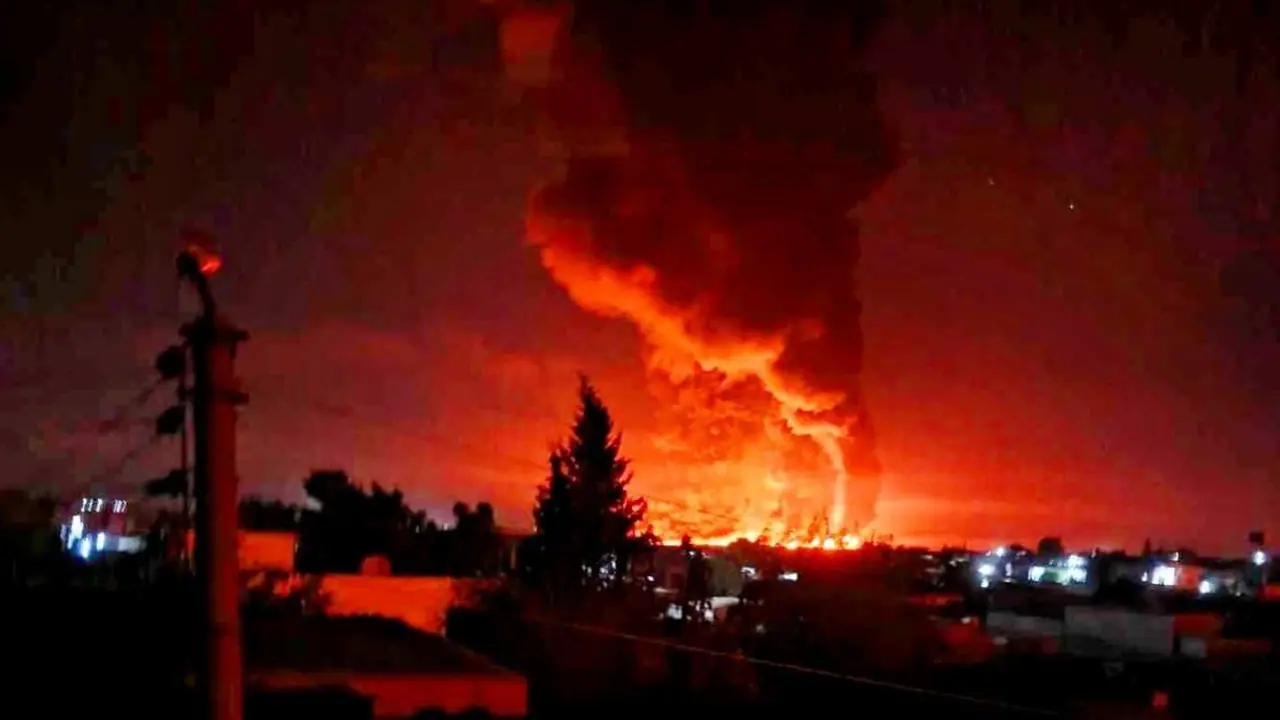The Turkish Defence Ministry announced that 32 targets associated with the Kurdistan Workers’ Party (PKK), which has been waging an insurgency against the Turkish government for years, were targeted.
Turkey launched a fresh wave of air strikes on the Kurdish-controlled region in northern Iraq and Syria on Wednesday hours after a terror attack on the state-owned aerospace company - Turkish Aerospace Industries’ (TAI) - in Ankara killed five people and left 21 others injured.

The Turkish Defence Ministry announced that 32 targets associated with the Kurdistan Workers’ Party (PKK), which has been waging an insurgency against the Turkish government for years, were targeted. The ministry added that 'other terrorist elements' were also struck in the air strikes.
The PKK is recognised as a terrorist group by the United States, European Union and others, and Turkey's Interior Minister Ali Yerlikaya stated that it is 'very likely' that the group was responsible for the attack on TAI.
The two terrorists who assaulted TAI's 4 million square meter Kahramankazan plant—which is essential to Turkey's defense sector and produces and develops aircraft, helicopters, drones, and satellites—were ultimately killed by special operation troops, police, and gendarmerie reinforcements.
Turkey President condemns terror attack
“I condemn this heinous terrorist attack and pray to God for mercy on our martyrs,” Turkish President Recep Tayyip Erdogan said from Kazan, Russia, where he was attending the BRICS Summit.
Turkey has been at war with the PKK for over four decades, engaging in air and special forces incursion into north of Iraq and Syria to target the PKK affiliated groups. This latest attack comes on the heels of a suicide bombing in Ankara last year also blamed on the PKK.
Amid escalating tensions, Devlet Bahçeli, Erdogan’s ultranationalist ally, had suggested during the week that Abdullah Ocalan, the imprisoned leader of the PKK, should make a speech to Parliament as a way of dissolving the group.
Turkey’s government responded swiftly, with Ankara’s public prosecutor’s office launching an investigation into the attack. Strict broadcasting bans were imposed on images related to the incident, and access to major social media platforms, including X (formerly Twitter), Instagram, and Facebook, was restricted.
NATO Secretary-General Mark Rutte expressed solidarity with Turkey, stating on X that NATO "stands with Turkey" in the face of such attacks.
